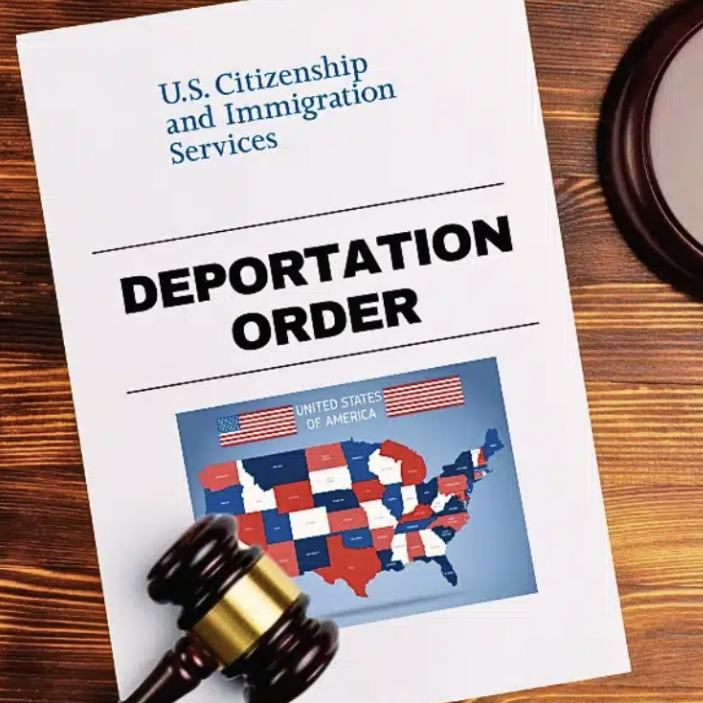According to the most recent census, there were “about 4.52 million immigrants in New York in 2023. This translates to approximately 23.1% of the population, or roughly 2 in 9 residents in New York” [i]. Additionally, in New York, immigrants accounted for “about 27.9% of jobs in 2023” [ii]. Connecticut, while not as diverse as New York, also has an immigrant population of “about 591K” [vi] who contribute significantly to the workforce as well. Given the fact that immigrants, regardless of their documentation status, are critical in the workforce, we wanted to consider the impact that the recent increase in deportation efforts by the Trump Administration may have for the future of small businesses in New York and Connecticut.
The New York Civil Liberties Union, the New York state affiliate of the ACLU, wrote that “nearly half of small businesses are immigrant-run in New York City” [v]. Furthermore, immigrants in New York “fill critical jobs throughout the state including as farmworkers, home health care aids, daycare workers, cooks, and construction workers.” [v]. Due to the interwovenness of immigrants and the supply of basic services, it’s expected “that deporting undocumented migrants will have a massive impact on industries that rely on migrant labor, especially the construction, agriculture and food service sectors” [iii]. Similarly, Connecticut is predicted to see “with immediate deportations, 1,600 businesses in Hartford County would be at risk of closing” [ix].
Setting aside any political sentiments, many small business owners providing the services referenced above have developed feelings of uncertainty about the futures of their employees and their businesses since the new administration has implemented “stricter immigration policies, including enhanced border security and deportations, [which] are expected to reduce the availability of immigrant labor” [iv]. Additionally, it’s evident that “a diminished labor pool could increase hiring challenges and operational costs” [iv], forcing small business owners “to explore automation or other efficiencies” [iv]. However, since small businesses tend to not harness the financial resources that multinational corporations do, those solutions may not be realistically achievable for every business. Notably, it is unlawful for any business owner to employ undocumented workers in New York [viii] and Connecticut [vii] and violations of the law may result in a fine with even criminal ramifications. In our business, we have seen a significant uptick in workforce audits by government agencies, seeking to understand the workforce makeup of small businesses and the immigration compliance. While such inquiries can be alarming, and the agency requests can be burdensome, for the most part we have found responsiveness to such audits as the best recipe for successful outcomes. Collaboration with the government will put your business in a positive light, and potentially assist in deferring or delaying penalties that can otherwise be draconian. Please feel free to contact our offices if you have concerns about these types of issues. We are here to help take the worry out of your work.
[i] usafacts.org/answers/how-many-immigrants-are-in-the-us/state/new-york/
[ii] usafacts.org/answers/what-percent-of-jobs-in-the-us-are-held-by-immigrants/state/new-york/
[iii] bankrate.com/loans/small-business/how-trumps-deportations-would-affect-small-business/
[iv] asbn.com/articles/how-trumps-presidency-could-impact-small-businesses/
[v] nyclu.org/commentary/how-new-york-can-defend-against-trumps-mass-deportations
[vi] usafacts.org/answers/how-many-immigrants-are-in-the-us/state/connecticut/ [vii] eregulations.ct.gov/eRegsPortal/Browse/RCSA/Title_31Subtitle_31-51k_HTML/
[viii] jeffreylichtman.com/new-york-federal-crimes-lawyer/unlawful-employment-of-illegal-aliens/
[ix] nbcconnecticut.com/news/local/thousands-hartford-area-businesses-could-be-impacted-deportations/3554499/


